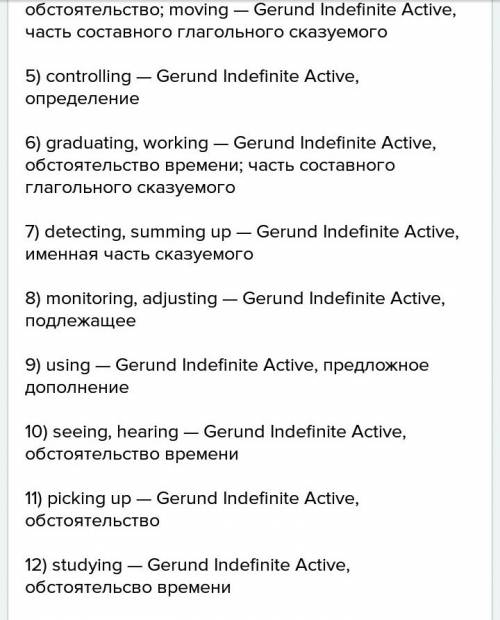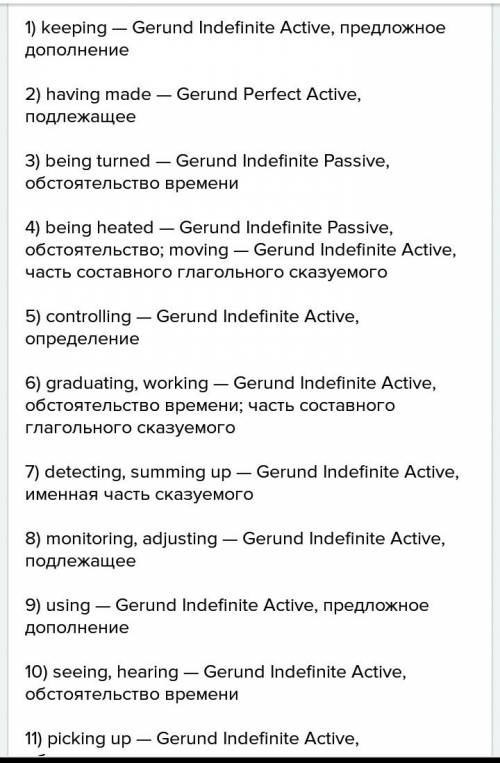15 . выпишите из текста 5 основ существительных + глагол (времена) вот текст harnessing the speed of light when the american scientist alan huang revealed his plants to build an optical computer, most scientists considered this idea as hopeless. it was impractical, if not possible, they said, to create a general-purpose computer that could use pulses of light rather than electrical signals to process data. during one of the scientist’s lectures on the subject, a third of the audience walked out. at another one, some of the scientists laughed, calling the researcher a dreamer. that was several years ago. now the scientist demonstrated his experimental computing machine based on optics. it look him five years to develop it. the device – a collection of lasers, lenses and prisms – can serve as the basis for future optical computers 100 to 1,000 times as powerful as today’s most advanced supercomputers. the potential applications are remarkable: robots that can see, computers that can design aircraft, processors that can convert spoken words into written text and vice versa. such practical optical computers are still years away – some would say light-years. yet many scientists are predicting that the device will have an impact similar to that of the integrated circuit which made small personal computers possible. photons, the basic unit of light beams, can in theory be much better than electrons for moving signals through a computer. first of all, photons can travel about the times as fast as electrons. and while electrons react with one another, beams of photons, which have no mass or charge, can cross through one another without interference. thus, photons can move in free space. this could open the door to radically new and different computer designs, including so-called parallel processor that could work on more than one problem at a time instead of one after another, as today’s new generation computers do.

